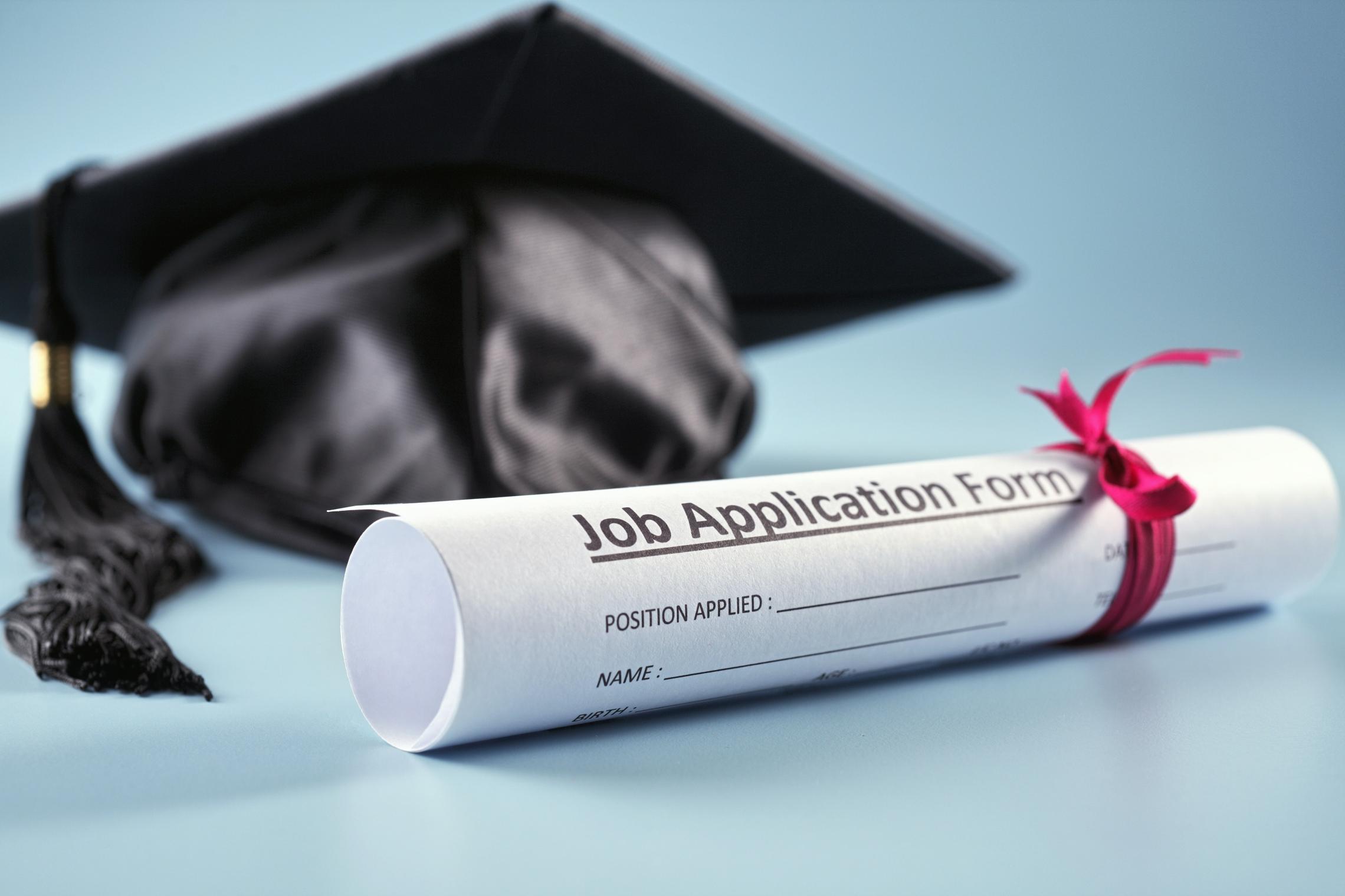How do you exchange a graduation diploma for an employment contract? Read a high school graduate to find your first job after school.
You have a high school diploma or a state exam, celebrating with now-former classmates and saying that the hardest thing is behind you. Well, it’s not quite like that. Don’t spoil the graduation party, but keep in mind that getting on the job market is usually an even bigger challenge than looking for the right answer in your head for the examining teaching committee.
But the good news is that tractors also exist and work outside school desks! One of them was also prepared for you by Profesia, to make it easier for you to start your first job after school. You will learn what not to forget after stepping out of the school gates, where and how to find the right job, how to get it and how to keep it.
1. Don’t forget your obligations to the state
When you graduate, you lose your dependent child status, your parents lose their child benefit, and your health insurance benefits cease to be paid by the state. The state can continue to pay health insurance fees, but you must apply for it by registering with the employment office.
So if you don’t want to pay your fees from your own pocket, your first steps should go to the employment office, but you can also become a self-payer. There are different application deadlines and conditions for graduates of different levels of school, read which apply to you.

2. Find a job in the right places
Times of advertising are long gone and you no longer have to rely only on the recommendations of acquaintances. Thanks to the Internet, you can easily monitor the labor market on job portals, social networks and the websites of employers themselves. However, you can also look for a job passively by making yourself known in the right places.
Take advantage of all ways to find a job. Build your personal brand and with a little luck, you will be approached by the employer himself. However, make sure that you present yourself appropriately.
3. Learn how to write a good resume
Although they also learn how to write a resume in primary schools, graduates have trouble writing CVs that do not end up in the trash. Avoid the biggest mistakes you can make in your resume.
A good resume should have a maximum of two pages, which automatically means that there is no need to break down unnecessary things. Picks out the details about your career or study background that best tell you whether you are suitable for the published job offer. If you decide to add a photo to your CV, be careful to make the HR sympathetic, not the shock.
4. Find out how a good cover letter attracts
The cover letter is actually the most important thing in which the HR decides whether to contact you. But to write it so that it will take you to the interview is magic, alchemy and a piece of Jeddah art. Avoid mistakes made by others in the cover letter.
First of all, study the information about the offered job well and find out what about the employer as well. In the cover letter, formulate how you and your skills can help the company and why you want to help the company with them.
5. Respond to job postings correctly
Are you interested in a job offer on the job portal or company website of your dream employer? What now? Gain courage and respond to the offer! However, keep in mind that each recruitment is open for at least a few days, and take the time to prepare perfectly.
If the company requires a CV and/or cover letter, take care of them and write them as addressable as possible for the position and company offered. If the company also requires other documents or, for example, the elaboration of an assignment, prepare them. Only submit your job application when you have everything that the employer expects.
6. Don’t neglect preparing for an interview
Finding your first job after high school or college is not easy, especially if you do not have much experience in practice. However, if you have precisely prepared all the materials in response to the job offer, sooner or later you will also be invited to an interview.
A face-to-face meeting has the disadvantage that you have to respond immediately, so it is important to come to the interview ready. Repeat the wording of the job offer, find out about the company’s culture and products and pay attention to your performance. Even during the interview, “hard on the training ground, easy on the battlefield” applies.
7. Have an idea of the expected salary
When the interview goes well, the HR professional will definitely focus on the question of your expected salary. However, this part of the recruitment is usually the most difficult for graduates. Although many young people have work experience from part-time jobs or internships, they usually do not receive a fixed salary and do not know what level of salary to ask for in their first employment.
So that the question about salary doesn’t surprise you at the interview, Find out the range you need for a given job. Keep in mind that you are negotiating a gross salary with your employer.

8. Choose a really suitable job
It doesn’t matter what your parents wanted you to be. And when it comes to a real career, it often doesn’t matter what you graduated from. When choosing a job, the most important thing is what you are really interested in, fulfills and what you will enjoy in lifelong learning. Because that’s what professional growth is all about and the easiest way to become a specialist.
It should not be up to your salary or whether your employer is close to where you decide which job offer to choose. Equally important factors are, for example, interaction with colleagues, company values or the possibility of growth. Learn what you should think about when choosing the right job.
9. Keep your work after the trial period
Although it is a small victory to fight through the selection process to the full conclusion and signing of the employment contract, the word ‘small’ still needs to be emphasized. A much bigger challenge after starting work is to stay on the job.
First, make every effort to get through the trial period smoothly. It should not be a scarecrow for you, but for you and the employer, it is a period in which you can verify cooperation and fulfillment of mutual expectations. Avoid basic mistakes during the trial period and you will easily learn work habits. Then it won’t be hard to keep them and start building your career as a true professional.

Be First to Comment